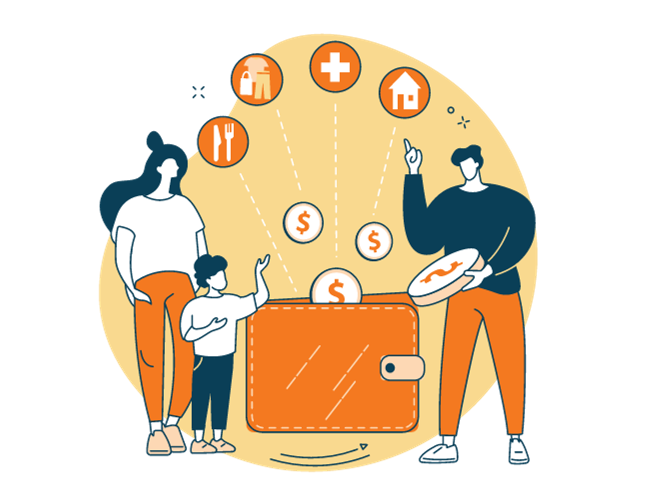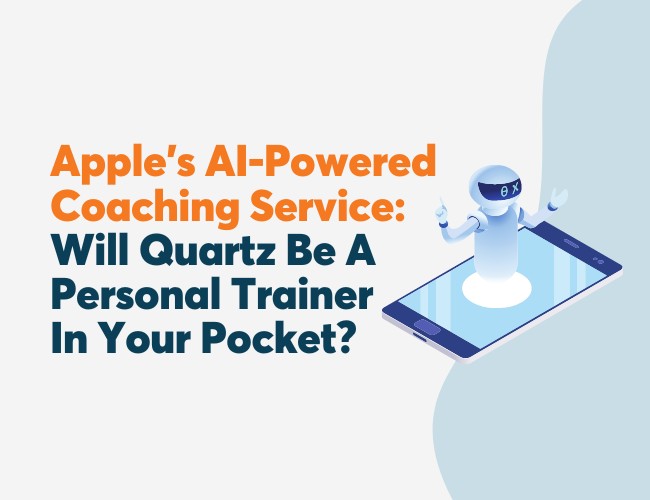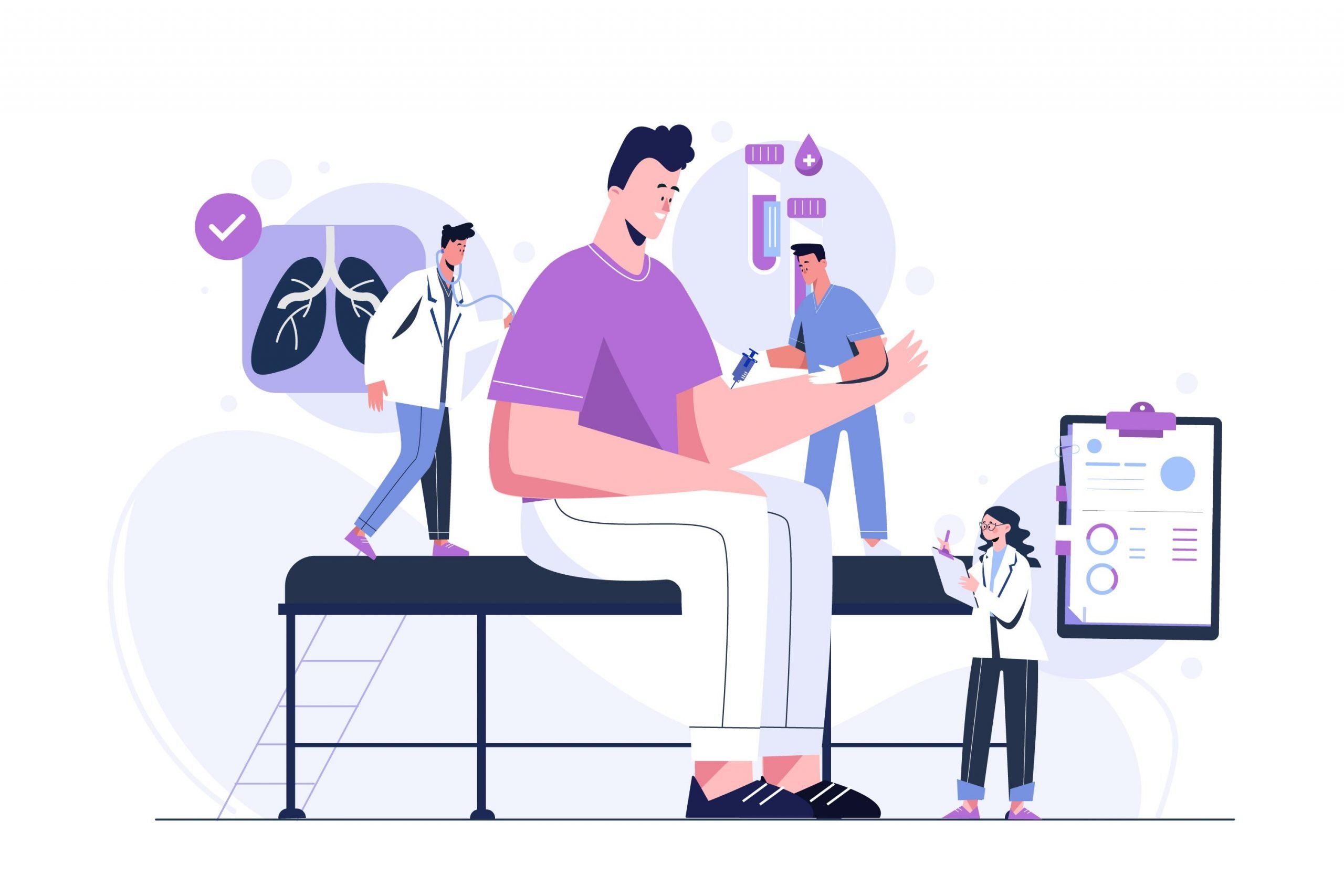Silicon Valley is hard at work creating the building blocks for the metaverse—an immersive digital world with the capacity to replicate every aspect of our physical existences, from interacting with coworkers to traveling the world to owning items and property.
CNBC reports that virtual reality (VR) and augmented reality (AR) markets are expected to grow to nearly $600 billion by 2025. With such rapid growth of this novel technology, health experts are concerned about unintended negative consequences, especially for users’ social wellness. For instance, Jeremy Bailenson, founding director of Stanford University’s Virtual Human Interaction Lab, notes that because VR allows individuals to create idealized versions of themselves, they may experience issues with self-esteem. On the other hand, Peter Etchells, professor of psychology and science communication, states that “[digital technology] can be a tremendous force for good in terms of keeping us connected.”
As remote work carries on and hybrid work gains popularity, organizations are likely to enter the metaverse to better replicate the experience of in-person work. As a result, leaders that are choosing to move forward in the direction must pay close attention to the potential benefits and harms of the metaverse and related technologies.
Social Wellness Benefits
As Etchells notes, the metaverse may positively impact social connections, which may prove especially important during the pandemic when face-to-face interactions are less common. As more companies develop virtual workspaces that allow colleagues to get together in digital environments, organizations can utilize VR to foster strong social connections.
Companies like H&R Block, a global tax preparation firm whose employees consistently deal with emotionally charged conversations, use VR’s empathy-enhancing capacities to improve the way their employees interact with customers. As Kim Iorns, Director of Learning and Development for H&R Block, explained in her interview with Harvard Business Review:
Fundamentally, our employees were doing all of the things that we wanted them to do, but there was something missing in our customer interactions. There was not enough of a human connection, so we made it a priority to focus our training on developing empathy.
By providing novel ways to interact, VR can improve the social relations between colleagues and with the customers they interact with.
Social Wellness Harms
Many of the harms associated with the metaverse appear to stem from its usage in more general applications than in organizational settings. For example, some experts have expressed concerns that individuals will become addicted to VR as it provides them access to experiences and levels of stimulation that they could not otherwise achieve. One study examining blog posts and reviews from individuals who tested virtual tourism technologies found addiction and feelings of isolation to be reoccurring themes. For example, in one of the blogs they analyzed, the writer stated:
In this world, you’re alone. Like a visit to the moon, it’s impossible to describe VR to someone who’s never been there. The technology isn’t just physically isolating – in some ways it divides us emotionally, too.
As many telecommuting employees continue to experience feelings of isolation, companies must be careful not to exacerbate their sense of loneliness through the adoption of VR for organizational purposes.
Best Practices
While metaverse technologies have only just begun to make their way into organizational operations, industry leaders have identified some best practices for reaping social benefits from VR while avoiding its downfalls.
- Focus on social applications: VR apps that don’t enable users to interact with other players are more likely to induce feelings of isolation. As a result, organizations should stick to software the allows colleagues to connect in a single virtual setting.
- Limit the time spent in VR: Some leaders have found that the negative effects of VR tend to occur more frequently in long VR sessions and that employees prefer to use VR in short spurts. For example, Dom Barnard, co-founder of soft-skills VR training app, VirtualSpeech, found that employees didn’t want to spend more than 15 minutes in a VR session.
- Choose VR headsets wisely: All VR headsets are not created equal. Some units contain special features designed to let more of the outside world in to decrease the sense that one is cut off from their surroundings. For example, the Meta Quest 2 has a passthrough mode, which lets users see what’s around them. It also enables them to project what they see onto other screens (e.g., a phone or tv) so others can join in on their virtual experiences. Companies should look for features like these when purchasing VR headsets.
- Get feedback: Employers should check in on their workers to see how they are reacting to their metaverse experiences. Anonymous surveys can help companies determine whether their preventive measures are working and respond proactively to potential problems.












